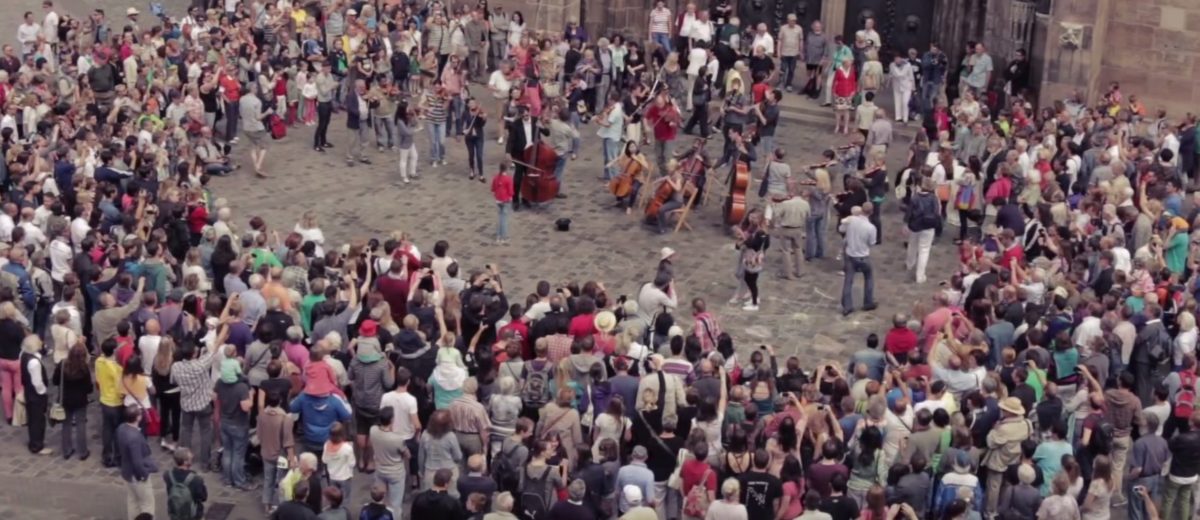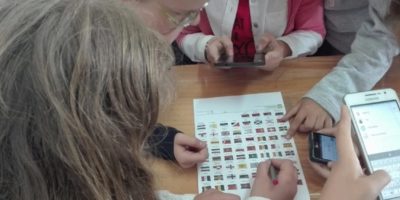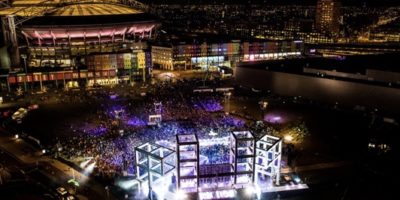In exactly one month today it will be Europe Day, May 9.
So what’s the big deal? you may ask, along with 99% of Europeans who could not tell you what that day stands for.
But if you have been reading weekly words for any length of time, you will know my perspective that this day represents the defining moment of post-war European history. And that it is an appropriate day for Christians to reflect on the kind of Europe God might want, the kind of future we should pray and work towards.
For on May 9, 1950, Robert Schuman proposed that Europe would be a better place if the European peoples would work together in cooperation and interdependence–rather than as rivals, competitors and habitual enemies.
As a war-time prisoner of the Gestapo and French foreign minister in 1950, Schuman was no starry-eyed utopian. He had experienced two world wars. He understood the enormity of the task of re-building a Europe torn by war and experiencing acute post-war trauma.
Yet he believed in the resurrection of Jesus, and therefore had hope for the future. He believed in the power of love to bring forgiveness and reconciliation. In Schuman’s understanding, the roots of true democracy–the principle of equality, the practice of brotherly love, individual freedom, respect for the rights of the individual–all came from Christ’s teachings. ‘Loving your neighbour as yourself’ was a democratic principle, he wrote, which, applied to nations, meant being prepared to serve and love neighbouring peoples.
His surprise proposal for a concrete, practical application of these principles–in the formation of the European Coal and Steel Community–is recognised as the birth of the European project, expressed currently in the European Union. Hence May 9 is officially recognised as Europe Day by the EU–still a best-kept secret in many member nations.
Mixed feelings
Schuman would probably have very mixed feelings about how that project has developed over nearly seven decades. One thing that would please him is that war among the member nations has become unthinkable–his immediate goal at the time.
What would certainly upset him is the loss of spiritual foundations for the dream he had for ‘a community of peoples deeply rooted in Christian values’. We can blame a lot of causes for that loss, but we need to ask ourselves as Christians, what have we and our constituency contributed towards this dream?
As Europe Day approaches, let me suggest one concrete way we can contribute.
Let’s promote Europe Day as a celebration of our interconnectedness. Because when we stop to think about it, our lives in Europe are irreversibly intertwined, and we are greatly enriched by our diversity.
Nations, like individuals, need both autonomy and connectedness. As nations we can celebrate our autonomy on special days (like St Patrick’s Day for the Irish, Koningsdag for the Dutch, Bastille Day for the French, and so on.)
But why not a day to celebrate our connectedness? A day to savour the richness of our region in history, culture and scenery? A day to reflect gratefully about belonging to the European family? A sort of Interdependence Day! We are better people when we seek the welfare of others. We are better nations when we seek the common good of all Europeans.
One movement picking up this challenge is Together for Europe, which brings together movements and communities – over 300 across the continent – belonging to different churches, Protestant, Catholic and Orthodox. In the days before and following May 9, Together for Europe will hold moments of celebration, of prayer, cultural events, round tables and so on in different European countries to showcase a new way of life, one characterised by connectedness.
In Utrecht, the Netherlands, the ‘three cathedrals’ – Catholic, Old Catholic and the Protestant Dom Church – are inviting all to an ecumenical Europe Day Vesper, followed by a Europe Day Symposium.
Concrete ideas
Here are some concrete ideas you can do with friends to celebrate interconnectedness, as we have listed them on the www.may9.eu site:
• Invite some friends for a relaxed evening enjoying an Italian pizza with some Belgian beer or French wines watching a Swedish detective video.
• Organise a progressive dinner with courses from different cultures and music reflecting different European cultures.
• Invite friends to a wine and cheese evening, with wines and cheeses from various countries.
• Visit an art gallery and note the variety of European nationalities which made the collection possible.
• Attend, or even organise, a musical event with artists and composers representing different European cultures.
• Organise a one-day European short film festival with films from eastern, western, northern and southern Europe.
• Take a day trip to a neighbouring country.
• Organise a flash mob in a public square, station or airport to play the European anthem, Ode to Joy.
How we can best celebrate togetherness this coming month?
Till next week,



